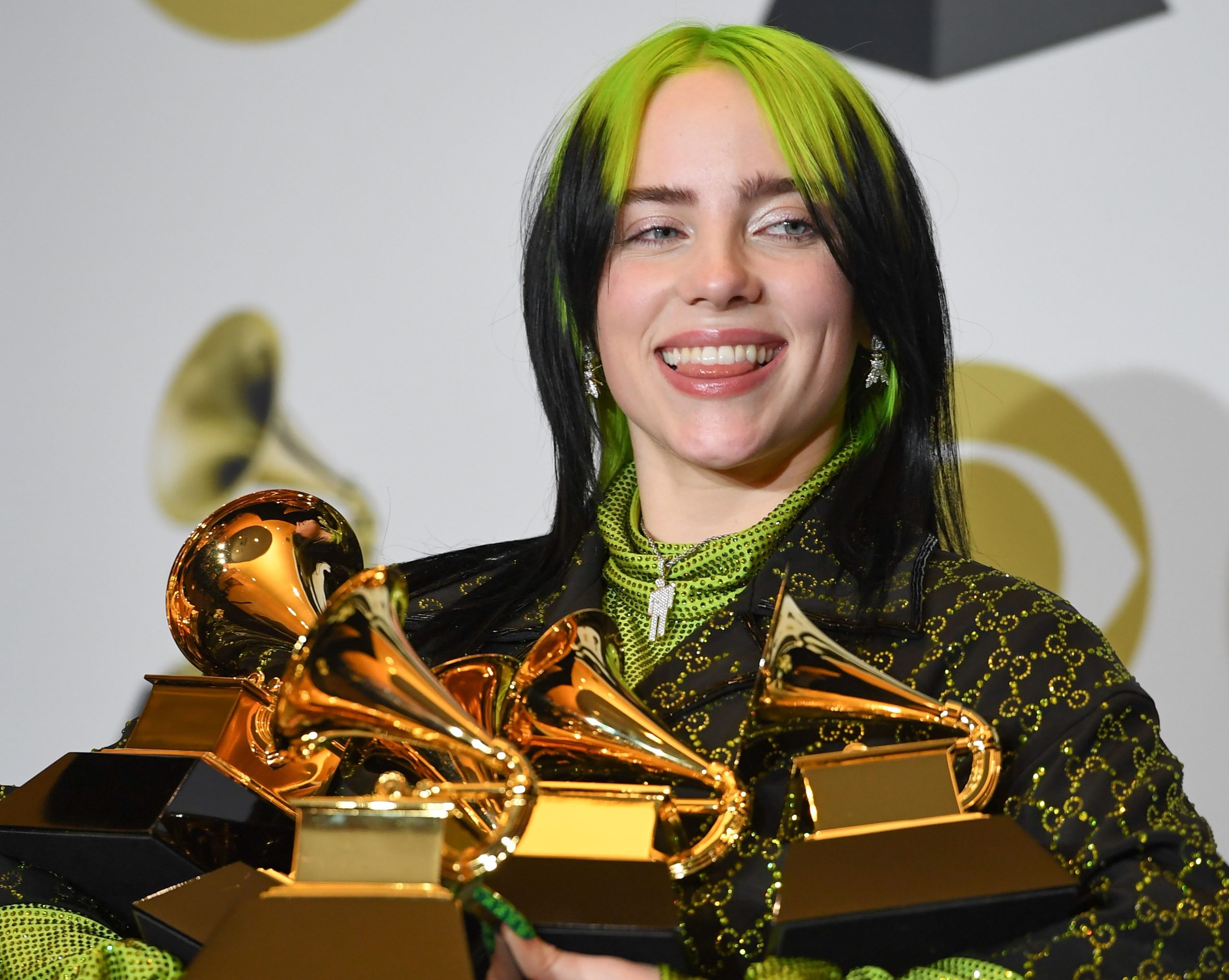
Grammy winner Billie Eilish is currently in hot water for her statements about rap music.
During her 2020 interview with Vogue, the young singer touched on how all of her songs aren’t quite rooted in reality, and compares her fictional narratives to the “lies” told in rap music. “There’s a difference between lying in a song and writing a story,” Eilish said. “There’s a lot of that in rap right now, from people that I know who rap. It’s like, ‘I got my AK-47, and I’m fuckin’ . . .’ and I’m like, what? You don’t have a gun. ‘And all my bitches. . . .’ I’m like, which bitches? That’s posturing, and that’s not what I’m doing.”
People are upset because not only has Eilish been accused of appropriating Black style, but also because it’s a bit off-putting to have a Black art form critiqued by a young white person. Eilish has been vehemently defended for both her style, and her most recent comments, but we are left to wonder about the long term impact of both.
This incident conjures up memories of Miley Cyrus. In the early 2010s, Cyrus cycled through a few aspects of Black fashion and beauty, with grills and long, loced hair extensions. She was also heavily influenced by rap music on her fourth album, Bangerz.
Like Eilish, Cyrus also made disparaging comments about the genre. After phasing out of her era of Black influence in 2017, Cyrus said to Billboard, “…I also love that new Kendrick [Lamar] song [“Humble”]: ‘Show me somethin’ natural like ass with some stretch marks.’ I love that because it’s not “Come sit on my dick, suck on my cock.” I can’t listen to that anymore. That’s what pushed me out of the hip-hop scene a little. It was too much “Lamborghini, got my Rolex, got a girl on my cock” — I am so not that.” The problem is dual: Black culture is seen as a removable costume, and white people believe that they can pick and choose which aspects they adopt, while critiquing Black people along the way.
Another question worth asking is why single out rap? It certainly isn’t the only art form that encourages creators to use their imagination. Ozzy Osbourne has denied practicing Satanism, though his dark lyrics with Black Sabbath suggest otherwise. Rap music, a music style that’s still rather young, is an easy target. It has had to fight to even be considered a valid music style since its inception. Even though it is one of the most popular styles in the world, it still catches a lot of slack, sometimes from people who we don’t exactly want to be mouthpieces for us.
Hip-Hop was cultivated out of the need to depict the horrors of living in poverty. Even at its most whimsical, or macabre, there’s often some sense of reality to it. And even when rap is pure fantasy, it’s still fun. We often know that our faves are exaggerating, as braggadocio is a part of the game. The major issue here though is that white people feel confident about inadvertently putting rap down to defend themselves, and the people who critique our culture on huge platforms without any Black input.
Eilish is an artist who is indebted to Blackness, and her comments were not reflective of the care that’s necessary when dissecting a sound that she’s inspired by.